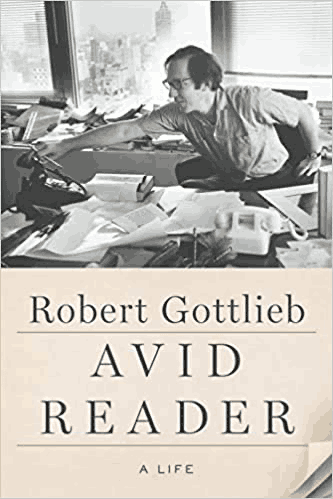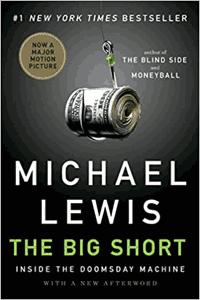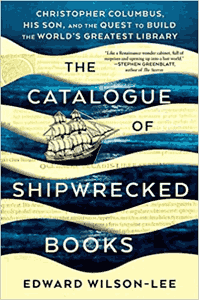by Robert Gottlieb
I’m working on a book chapter about the challenges of publishing interactive narratives, and this has offered a chance to get Gottlieb’s fine autobiography off the reading stack. Gottlieb started at Simon and Schuster, then led Knopf, and then replaced the legendary William Shawn at The New Yorker. He’s a terrific writer, too. Gottlieb recalls the joke that “all editor”s memoirs basically come down to the same thing: ‘So I said to him, ‘Leo! Don’t just do war! Do peace, too!’” He is not wrong, but it’s a lot of fun anyway. It is fascinating to hear about changes in the book world that are seldom discussed: the declining effectiveness of book advertising in the 60s, the invention of the author tour in the 80s.



